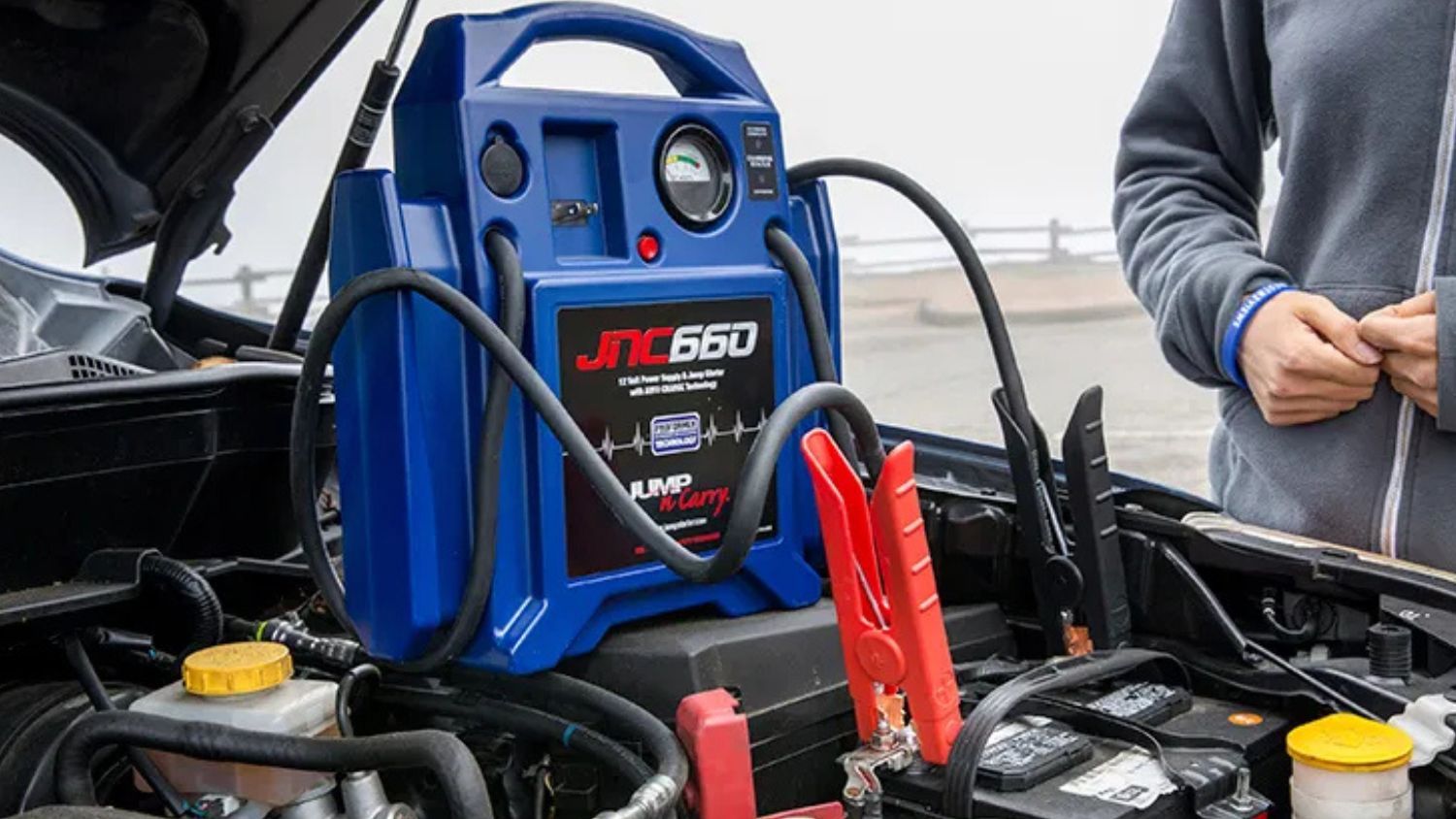GRAND HAVEN, Mich. (WOOD) — The Ottawa County Recovery Court is celebrating 20 years of helping people live a clean and sober life.
The court combines the criminal justice system with treatment for addiction.
Judge Mark Feyen presided over hearings Thursday at the Ottawa County Courthouse in Grand Haven.
Program graduate John Miller says progress is measured one day at a time with the focus on never going back.
“I was arrested over the course of my career three times for drinking and driving,” Miller said.
Miller was watching from the gallery and was taken back to where he started and how he turned his life around.
“It brought back memories. I remember waiting for my name to be called up to speak with the judge. I felt empathy for the people who were going through it,” Miller said.
The court tries to help keep people clean and sober, living their everyday life beyond what a treatment center can provide.
Clay Carlson graduated from the program in January 2023 and says it takes commitment to stay sober.
“I was able to go to my job. I was able to, you know, live in my home, sleep in my bed but still have to drug test and go to classes and go to meetings and go to counseling,” Carlson said. “Every day, you have to wake up, you have to remember that you are who you are. I have the ability to make a bad choice today and go back into that lifestyle.”
Feyen has been presiding over recovery court hearings since the program, which is for non-violent offenders convicted of felonies who have substance use disorder, began 20 years ago. Since then, it has increased its capacity from 30 to 75 participants.
“All these people are participants who are people who have been convicted of felonies, oftentimes multiple felonies,” Feyen said.
The program holds the participants accountable and has them graduate to different levels.
“Basically, it’s a marriage of the criminal justice system and treatment. Often people start out in therapy and they do a little bit of treatment, and then they quit or they kind of go back to whatever their former ways were,” Feyen said. “And this is a program that’s longer. Minimum required time that you have to get through it is a year and a half, but our average length of stay is closer to two years.”
The judge says the recidivism rate of people who went through the program was half the rate of people who were not in the program.
“When they successfully complete our program, they come back at the rate of about 20%,” Feyen said.
The graduates hope their stories will help others suffering from addiction, and they credit the program for helping them down the path to a new life.
“It’s very valuable to me to be able to continue to be a functioning member of this society while paying back my debt to this society,” Miller said.









